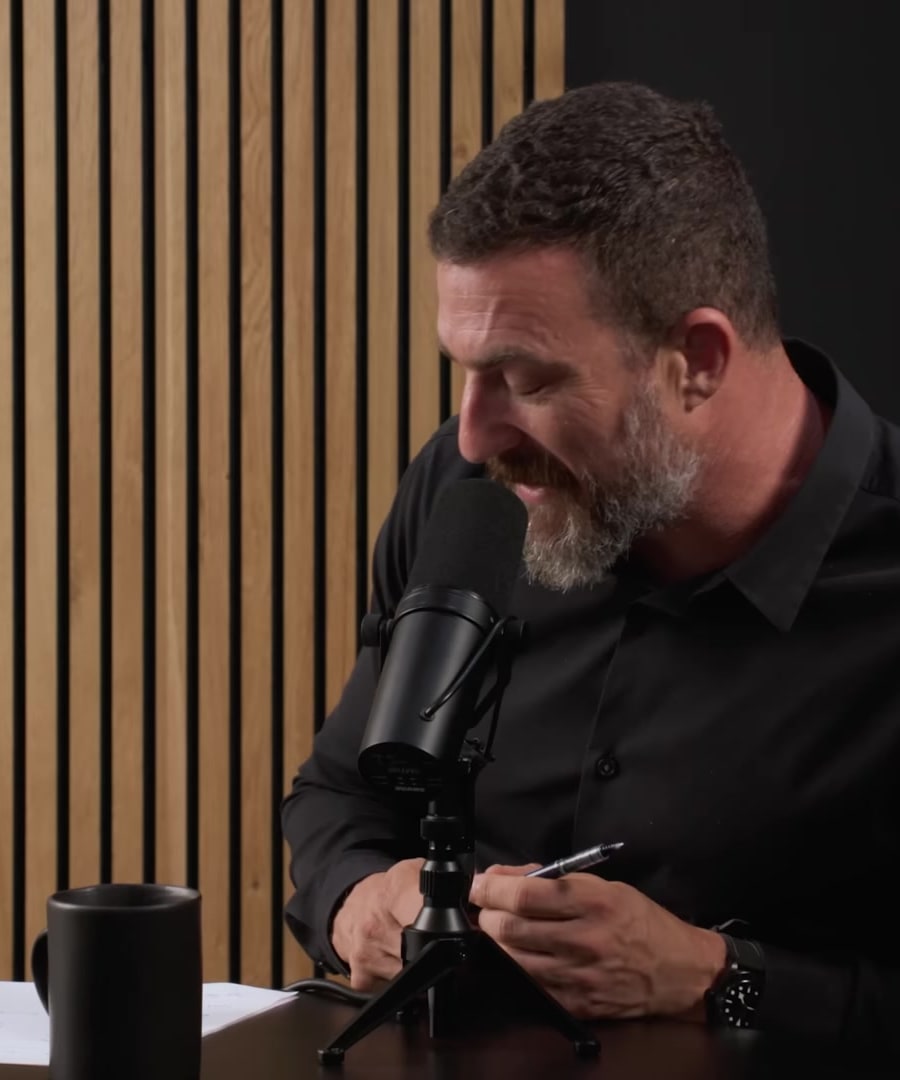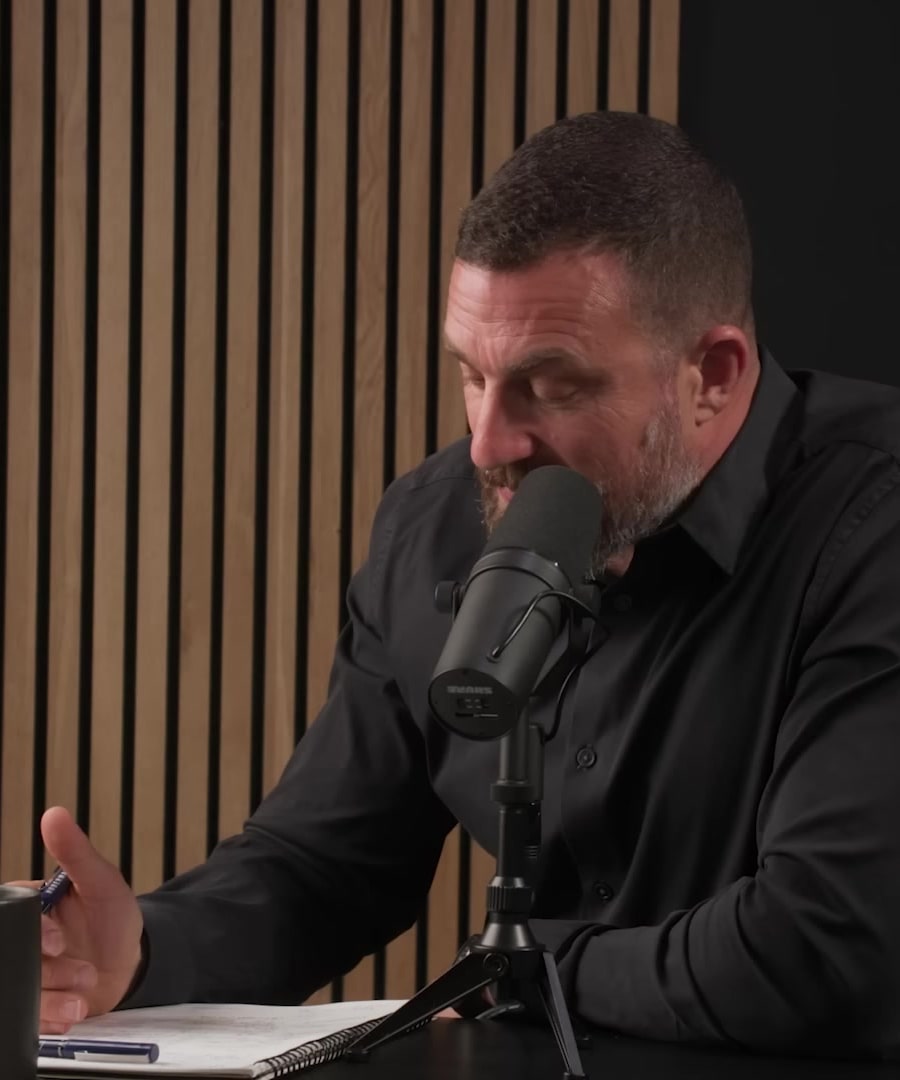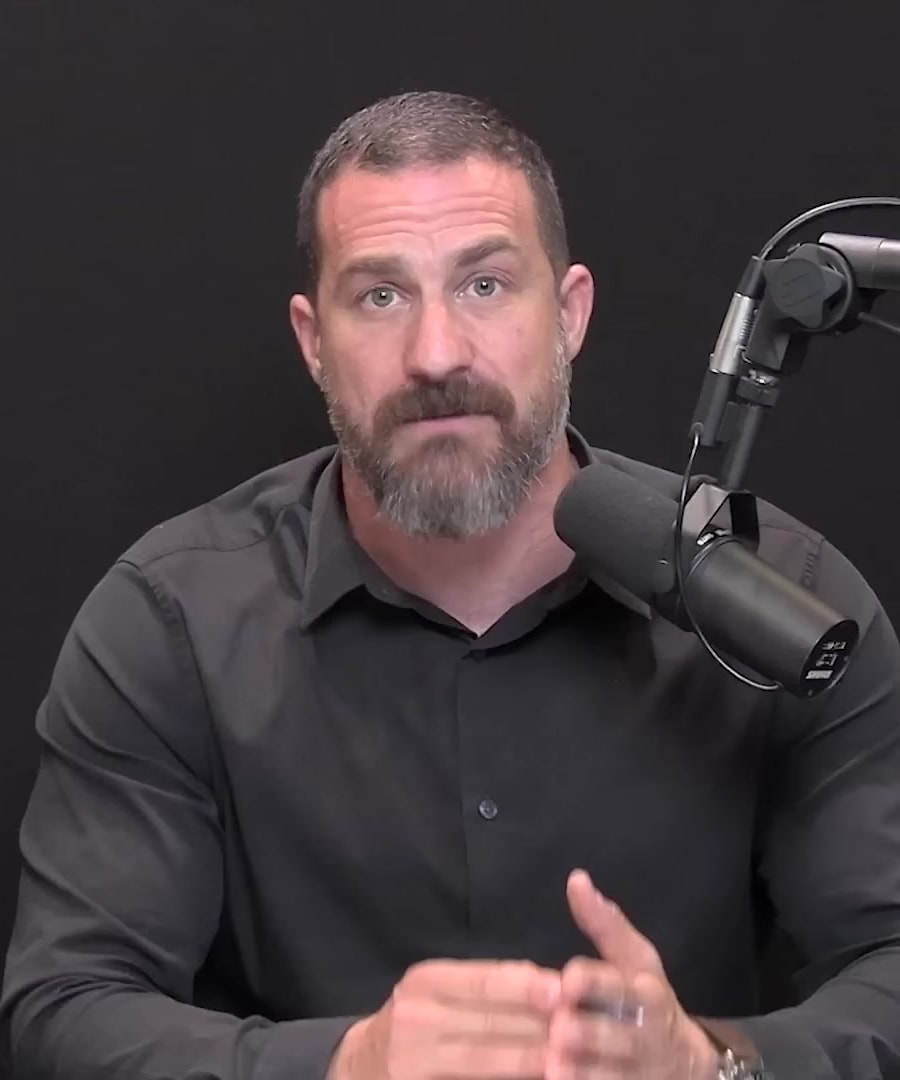Hello Dr. Huberman, I am writing to you as a recently diagnosed 39 year old single father of 4, with a neuro disease called ALS/ PLS. It is an overwhelming diagnosis, after being a person that excercised 4-5 times a week, ran 1-2 miles a week, practiced 30 minutes of sauna 4-5 times a week, and ate rather healthy, practiced fasting ( usually 16-8)no sugar, no pop. I am curious if you have any insights into this disease. What can a person do, what protocols can someone take, is there any promising clinical trials are out there(stem cells)?I am at a loss of what to do, when I feel I was doing everything to stay healthy. My own experience (short version)started with a left shoulder pain ( several doctors and physical therapist) almost 2 years ago, was told I had calcific tendonitis, impingement, frozen shoulder, a surgery, painful therapy. Right shoulder followed. MRI’s of (shoulders, cervical, thoracic, brain). I have tried cold showers, red light therapy, contemplating a carnivore diet,( I ate steak only for 3 days) and wandered if I was lacking nutrients. My arms shake, muscle spasms,hyper reflexes, wake up stiff( takes a good 20-30 minutes) to move my legs and arms to swing myself out of bed. Is there anything one can do other than, sit back it’s going to be rough ride??


